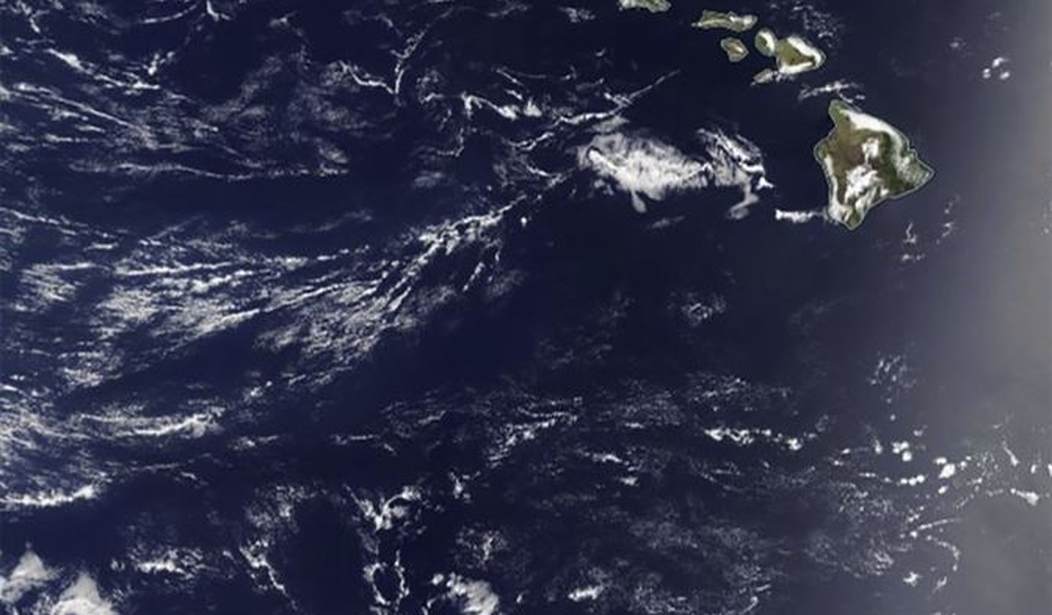Editor's Note: This column was co-authored by Dr. Tim Ball.
***
Dr. Thomas Sowell, Senior Fellow at Stanford University’s Hoover Institution, summarized the problem the world faces with climate change policy:
“Would you bet your paycheck on the weather forecast for tomorrow? If not, then why should this country bet billions on global warming predictions that have even less foundation?”
Sowell is right to be skeptical. Meteorologists can’t forecast the weather much beyond 48 hours as the degree of accuracy diminishes rapidly. Yet the same weather agencies, often using the same computer models, have since 1990, said with almost absolute certainty that their 50 and 100-year forecasts are correct. They maintain this illusion today even though all their long-term forecasts have been wrong.
The global warming deception worked because most people don’t know the difference between weather, climate, and meteorology. This confusion arose partly because of the historical development of each.
Climate came first, with the word originating from the Greek word for inclination. The ancient Greeks realized that the climate of a region, and how it changed through the year, was primarily determined by the angle of the Sun’s rays. Beyond that, they used evidence from experience and historical patterns. Aristotle’s student and philosophical successor Theophrastus (371 – 287 BC) wrote a book entitled, Meteorological Phenomena; sometimes called the Book of Signs. Theophrastus was not referring to astrological signs, but weather signs such as the red sky observation that is neatly summed up by the old, and generally correct, adage, “Red sky at night is a shepherd’s delight. Red sky in the morning is a shepherd’s warning.”
Recommended
The Greeks developed short-term forecasts based on observations made over hundreds of years. This use of long-term signs to try and determine short-term weather pervades all communities because of its impact on their food supply. This became more important when humans switched from hunter/gatherer to sedentary agriculture subsistence.
Some simple definitions are important for the public to understand:
Weather is the total of the atmospheric conditions at any given moment. It includes thousands of inputs from cosmic radiation from deep space to heat energy from the bottom of the oceans and everything in between.
Climate is the average weather conditions, and how they change, at a location. While one can describe ‘daily climate,’ obtained by averaging the 24-hourly readings or averaging the minimum and maximum readings in a 24-hour period, much longer periods are normally studied by climatologists. The choice of the beginning and end point of climate studies determines the overall trend. By ‘cherry picking’ this time interval, one can demonstrate virtually any trend you want.
For example, the general temperature trend of the last 140 years was warming, but the trend of the last 1000 years was cooling. That is why the UN Intergovernmental Panel on Climate Change (IPCC) had to rewrite the historical temperature record over the past millennium to eliminate the Medieval Warm Period.
Similarly, you can study climates of various regions, although forecasting regional climate is fraught with uncertainties. Dr. Tim Palmer, leading climate modeler at the European Centre for Medium-Range Weather Forecasts, summed the situation up well (New Scientist magazine, 2008).
“I don’t want to undermine the IPCC, but the forecasts, especially for regional climate change, are immensely uncertain.”
Meteorology is the study of the physics of the atmosphere and is the term people associate most with weather forecasting. Meteorologists maintain that their physics is correct so why are their forecasts so often wrong? The answer is inferred in mathematician and philosopher A.N. Whitehead’s comment that,
"There is no more common error than to assume that,?because prolonged and accurate mathematical calculations have been made,?the application of the result to some fact of nature is absolutely certain."
The IPCC defends their long-term climate forecasts by maintaining that a weather forecast is different to a climate forecast. But climate is an average of the weather, and one cannot generate accurate results by averaging inaccurate ones. So, starting in 1990, the IPCC stopped making forecasts because they were never right. Instead they began publishing a range of “projections.” Yet they too were hopelessly at odds with what actually happened in the real world.
Nevertheless, these failed projections underlie the draconian, economically damaging, and completely unnecessary policy prescriptions now being presented at the UN Climate Change Conference underway in Bonn, Germany.
So, the answer to Sowell’s question is clear. No country, least of all a successful, developed nation like the United States, should bet a nickel of tax payers’ money on the UN’s failed global warming predictions.

























Join the conversation as a VIP Member